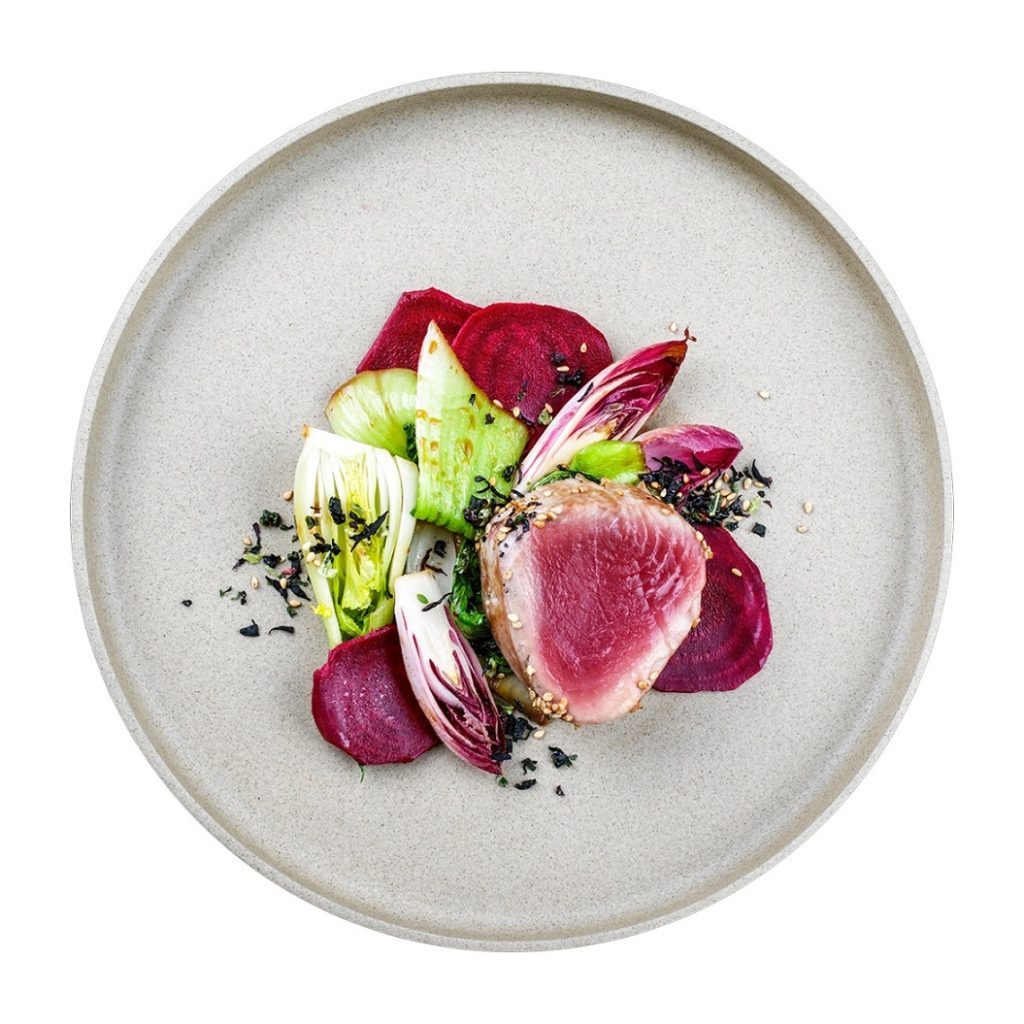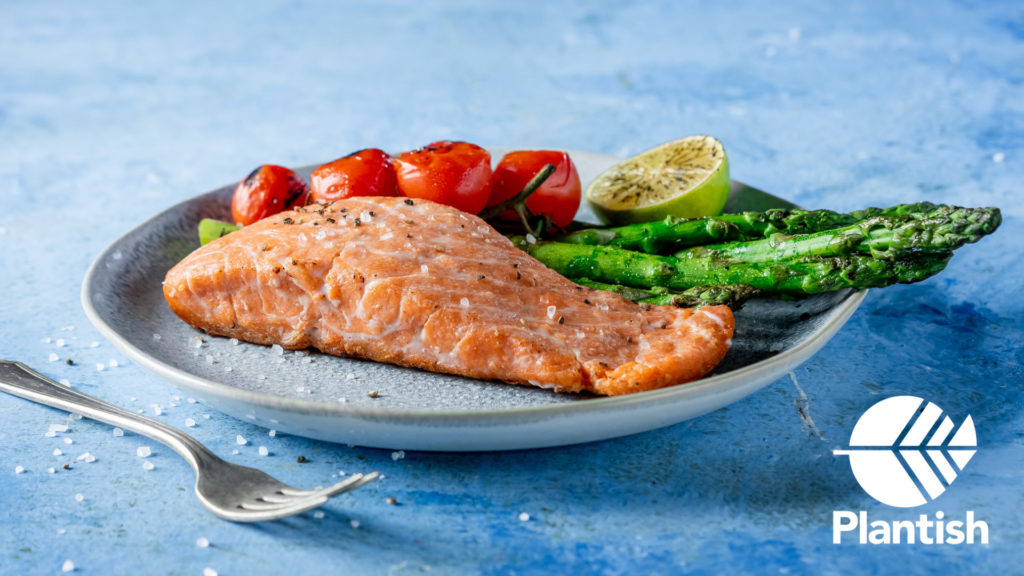4 Mins Read
Israeli food tech startup Wanda Fish has signed two agreements with private research facility Tufts University. Working under a licensing agreement, Wanda will gain exclusive access to IP surrounding cultivated fish development, as created by David Kaplan.
A leader in cellular agriculture, Kaplan works at Tufts as a senior researcher. Wanda will support a two-year research programme into the production of fish cells, as part of the relationship.
Working with Tufts is hoped to propel Wanda to the forefront of cultivated seafood manufacturing. The company aims to develop sustainable fish fillets that can replace conventional options, thus allowing marine ecosystems to regenerate. Growing global appetites for seafood have been cited as a motivating factor for expediting the process of cultivated fish production.

Starting out strong
Wanda is a new startup, launched in 2021 as part of Israel’s surge in alt-protein development. It is one of five cultivated seafood companies to announce their presence last year but has carved itself a niche already by linking with Tufts. The startup has secured $3 million in a pre-seed funding round, led by The Kitchen FoodTech Huband with others participating, including Peregrine Ventures, Pico partners and CPT Capital. It received support from the Israeli Innovation Authority (IIA) alongside.
“Having nurtured already a successful venture in meat cultivation, Wanda Fish cements our dominant position within the relatively nascent cellular agriculture category,” Jonathan Berger, CEO of The Kitchen FoodTech Hub said in a statement.
“With increasing acidification, pollution, and warming of our oceans, a growing global population, and the concurrent dwindling of the sea biomass and its fish populations, the need to rehabilitate the sea and sea life has never been more pressing. Wanda Fish offers a new approach to meeting the increasing global demand for nutritious seafood without harming aquatic life. With cultivated fish, the world can eat the fish it craves while giving the ocean and its ecosystems space to heal.”
Global team spirit
Wanda is taking a dual-country approach to collaboration. The Israeli team is led by Malkiel Cohen, PhD, who is recognised as stem cells and genome engineering expert. The U.S. contingent falls under Kaplan. An academic expert in the field of cultivated meat, he has been awarded a $10 million grant from the U.S. Department of Agriculture. The funding was given to establish the first research centre in the U.S. entirely dedicated to cell-ag research. Together, the two interconnected factions will develop a non-GMO platform for manufacturing fish fillets from sustainably harvested cells.
“We start with a single, one-time sample of a real native fish muscle and fat tissues,” Kaplan said in a statement. “We then pursue the replication of the biological growth of fish, with the nutritional attributes, including protein and omega 3 content, as well as the flavor and textural properties. The results are clean, safe fish, free of microplastics, mercury, or other chemical toxicities that are commonly found in some of the wild catch.”
Wanda has revealed that it is in the process of finalising a prototype fillet. The startup is using animal-free growth mediums while trying to master native muscle and fat tissues. Custom bioreactors are being used as they will be instantly scaleable, when appropriate, and allow for costs to remain palatable.
“By integrating innovative proprietary applications from multiple disciplines, including cell culture, biotechnology, food tech, and culinary design, we will produce a versatile range of fish species to satisfy all preferences, at affordable prices, and with uncompromising quality,” Dr Daphna Heffetz, CEO of Wanda Fish, said in a statement.
No projections as to prototype completion or product launch have been revealed.

The turning tide for seafood
Plant-based and cultivated seafood options are being developed quickly, in a bid to alleviate pressure on the world’s oceans. Israel is making its position as a leading alt-protein hub known, and recently demonstrated its diversity. Alongside cultivated meat developments from Future Meat and Aleph Farms, plant-based startups are coming to the forefront with increasingly realistic offerings. Chief amongst them is Plantish.
Having just secured alt-seafood’s largest single seed amount ($12.45 million), the startup is pushing for commercial launch of its hyper-realistic whole-cut salmon fillets by 2024. Offering the aesthetic of cultivated products but made entirely from vegan-friendly plant proteins, the Plantish salmon has caused a stir. State of Mind Ventures led the seed round, with a number of other investors participating, including Pitango and TechAviv.
Other new alt-seafood startups coming out of Israel right now include Forsea, co-founded with The Kitchen Hub Incubator, Sea2Cell and E-FISHient.
Lead photo by Wanda Fish.





